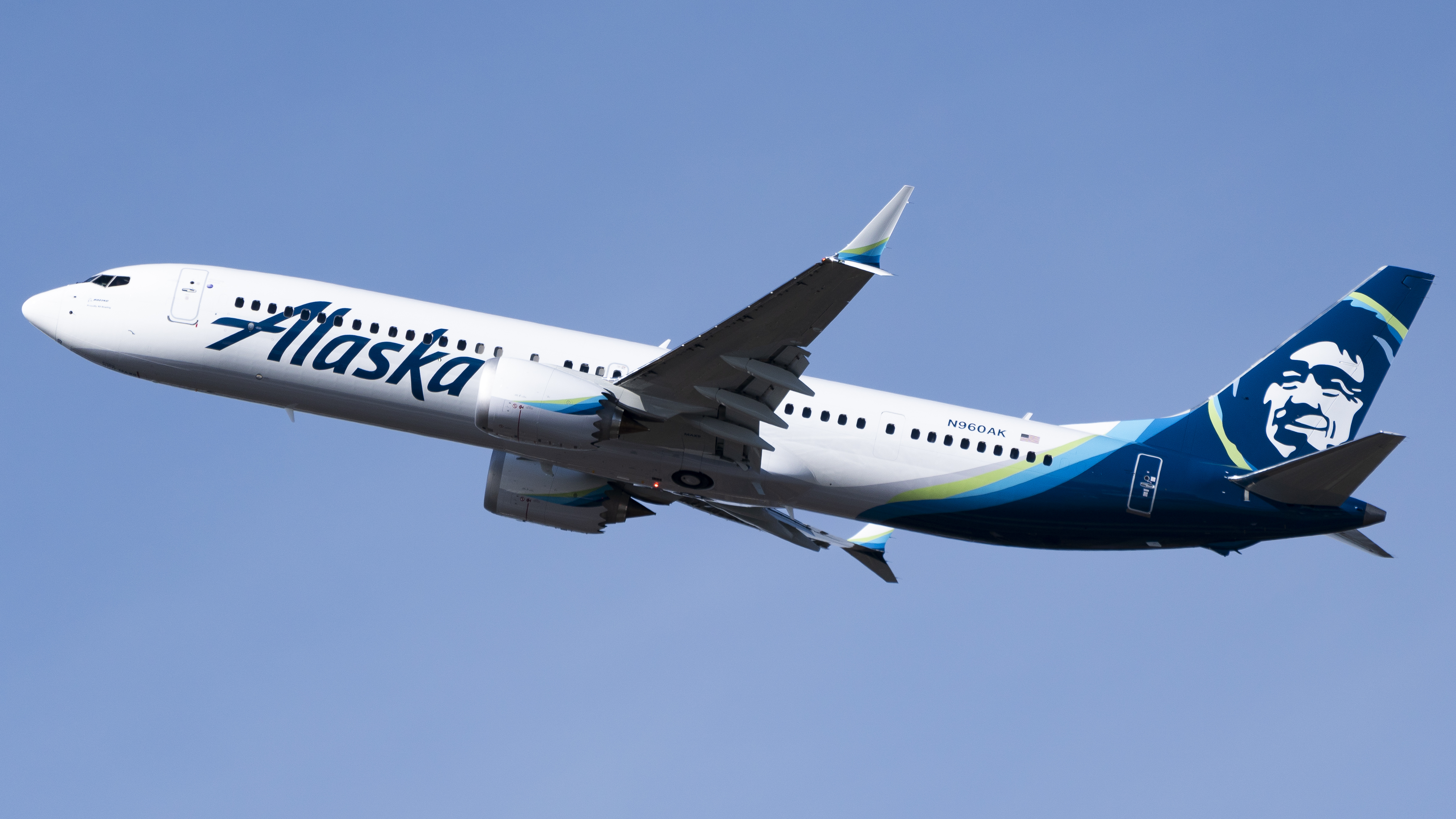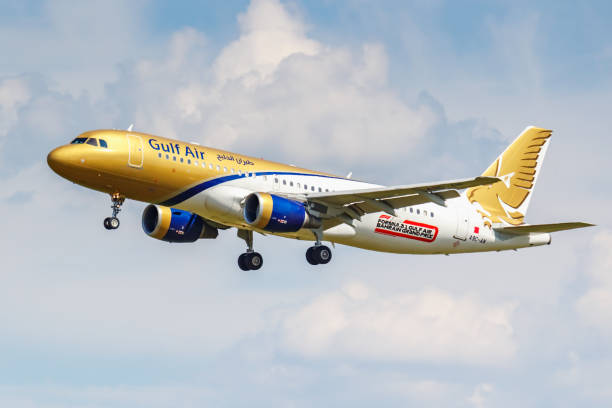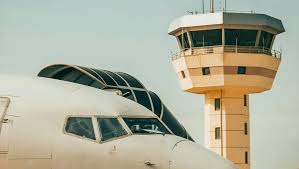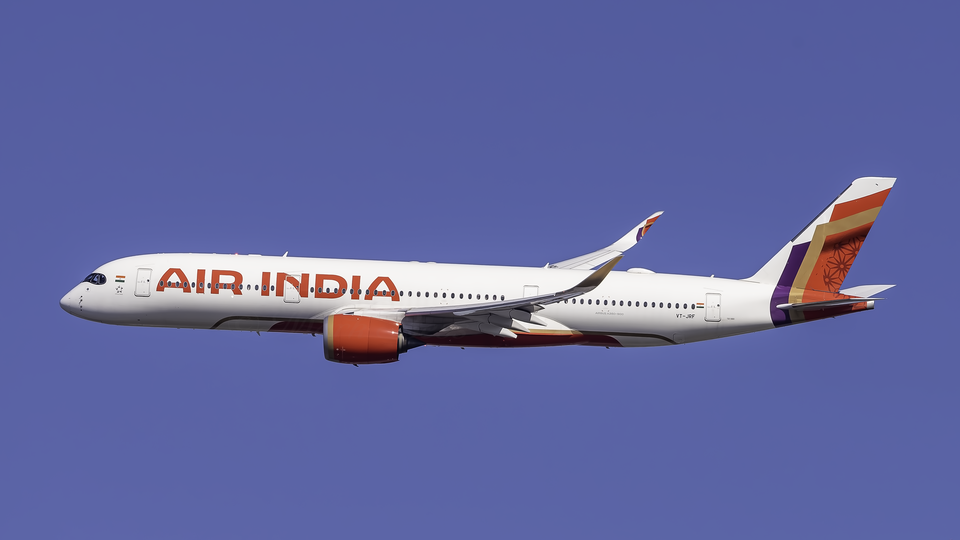The Uphill Battle: Boeing's 737 MAX 7 and 10 Certification Saga
The Boeing 737 MAX family, intended to be a modern and efficient successor to the popular 737 Next Generation series, has faced significant headwinds in recent years, particularly regarding the certification of the MAX 7 and MAX 10 variants. These models, designed to cater to different market segments, have encountered a complex web of regulatory scrutiny, design modifications, and shifting deadlines, leaving airlines and passengers in a state of uncertainty. The story unfolds with a backdrop of increased safety concerns and a more rigorous certification process imposed by the Federal Aviation Administration (FAA).
The Shadow of Past Tragedies
The initial grounding of the entire 737 MAX fleet in March 2019, following two tragic accidents involving the 737 MAX 8, cast a long shadow over the entire program. The accidents, linked to the Maneuvering Characteristics Augmentation System (MCAS), a software designed to prevent stalls, prompted a comprehensive review of the aircraft's design and certification process. This heightened scrutiny has significantly impacted the timeline for certifying the MAX 7 and MAX 10. The FAA, determined to avoid a repeat of past oversights, has adopted a more hands-on and detailed approach to evaluating the safety and reliability of these aircraft.
Design Changes and Regulatory Scrutiny
As a result of the increased regulatory oversight, Boeing has been compelled to implement several design changes to the MAX 7 and MAX 10. These changes aim to enhance the safety and redundancy of critical systems. For instance, Boeing has worked on addressing concerns related to the angle-of-attack (AOA) sensors and the MCAS system. The company has also focused on improving pilot training and providing clearer procedures for handling potential malfunctions. The FAA's evaluation of these changes is a meticulous process, involving extensive testing, simulation, and data analysis. This rigorous approach, while essential for ensuring safety, has contributed to the delays in certification.
The December Deadline and its Implications
A significant challenge facing Boeing is the looming deadline related to the Aircraft Certification, Safety, and Accountability Act (ACSCA), enacted in December 2020. This act introduced new safety requirements for aircraft certification. Initially, there was a deadline (December 2022) where all aircraft certified after this point would require a completely new pilot alerting system. This deadline was intended to increase the safety of cockpits. However, missing the deadline, Boeing sought extensions and waivers. The ongoing debate surrounding these waivers has added further complexity to the certification process. If waivers are not granted, it could necessitate costly and time-consuming redesigns of the MAX 7 and MAX 10 cockpits. The uncertainty surrounding this issue continues to weigh heavily on Boeing and its stakeholders.
Impact on Airlines and Future Prospects
The delays in certifying the MAX 7 and MAX 10 have had a ripple effect throughout the aviation industry. Airlines that have placed orders for these aircraft are facing uncertainty in their fleet planning. This can disrupt route expansion plans, impact passenger capacity, and affect overall operational efficiency. Furthermore, the delays can create opportunities for competing manufacturers, such as Airbus, to gain market share. Despite these challenges, Boeing remains committed to securing certification for the MAX 7 and MAX 10. The company is working closely with the FAA to address all outstanding concerns and demonstrate the safety and reliability of these aircraft. The eventual certification of the MAX 7 and MAX 10 will be a crucial step in restoring confidence in Boeing and solidifying its position in the narrow-body aircraft market.
Looking Ahead: Navigating the Path to Certification
The journey towards certifying the Boeing 737 MAX 7 and MAX 10 remains a complex and challenging endeavor. The process is influenced by regulatory requirements, design modifications, and the need to restore public trust in aviation safety. While the delays have undoubtedly created disruptions and uncertainties, they also underscore the importance of rigorous safety oversight and continuous improvement in aircraft design and certification. The aviation industry is hopeful that the 737 MAX 7 and 10 are certified, but the timeline remains a question.




